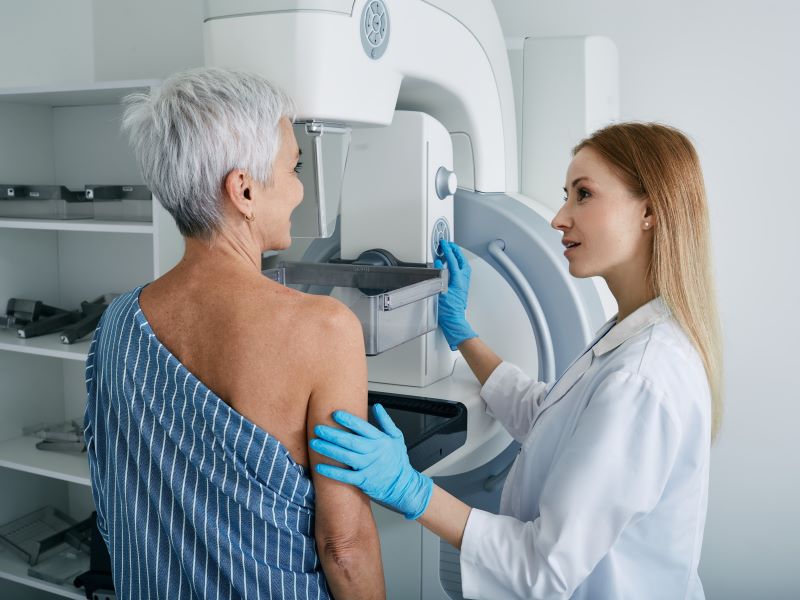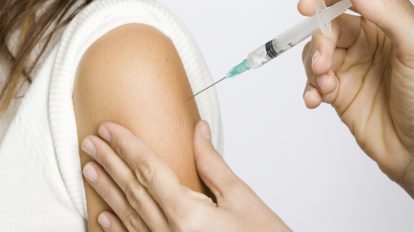At some point in life, up to 39.5% of men and women will be diagnosed with a form of cancer. It’s a big number, yet it’s also worth pointing out that mortality rates have been steadily dropping, especially for some forms of the disease like melanoma, thyroid and testicular cancer. In the United States in particular, mortality rates have dropped 33% between 1991 and 2019. While this is in part due to innovations in the battle against cancer, early detection and treatment remain crucial factors in lowering these rates. The following five common types of cancer are some of the more prevalent variants, but can be treated successfully with early screening. Here’s what you need to know about these common diseases and how cancer insurance in Singapore can help reduce costs.
#1 Breast cancer
Breast cancer is the most common cancer in women, which makes regular screening essential. Women are advised to begin screening at the age of 40. This includes mammograms and screenings by a doctor as well as self-exams. The risk of breast cancer also increases with age, with the majority of breast cancer cases being diagnosed in women over 50. Other risk factors that necessitate more frequent screening include a family history of breast cancer, early menstruation and late menopause. While it’s exceptionally rare, men can also develop breast cancer and should take notice of any unusual lumps or discolouration in the tissue around their chest.

#2 Prostate cancer
For men, prostate cancer is the most commonly encountered variant. Like with breast cancer, the risk factor increases with age, and early detection is just as crucial. Screening for prostate cancer usually involves a prostate-specific antigen (PSA) blood test as well as a rectal exam. Screening should commence at age 50 for most men. Risk factors like a family history of the disease, obesity and a diet high in red meat and low in fruits and vegetables may also necessitate regular screening at an earlier age.
#3 Testicular cancer
Unlike the previous two cancers, testicular cancer often affects young men, making self-exams all the more important. Regular self-checks should start in adolescence and continue throughout life for swift identification of any abnormalities and lumps in the testicles. The survival rate for testicular cancer is exceptionally high. If detected before the cancer has spread, the five-year survival rate can be as high as 99%.
#4 Thyroid cancer
The biggest danger of thyroid cancer is that it’s often asymptomatic, showing no symptoms till the cancer has spread. Compounding this is a lack of standardised screening methodology. Doctors will typically consider risk factors such as family history when determining when to start regular check-ups. Thankfully, if detected early, thyroid cancer has a high survival rate.
#5 Melanoma
Melanoma is one of the most dangerous types of skin cancer and requires early intervention for effective treatment. Regular skin self-exams should be a lifelong habit, and those with numerous moles or a family history of melanoma should begin annual skin checks with a dermatologist, as early as age 20. Regardless of whether you spend a lot of time in the sun, using high SPF sunscreen can reduce your risk of this common cancer.

Opt for an insurance provider that covers regular screening
While essential, the cost of regular cancer screening for expats living in Singapore can add up. This is especially true when there are multiple people in the family with risk factors for common cancer types. For this reason, it’s important to pick an insurance plan that covers the cost of regular screening as well as cancer treatment. Expat Insurance offers a variety of comprehensive international health plans that cover 37 critical illnesses. Their cancer insurance plan also covers annual or biennial health screenings in Singapore. For more information and a quote, visit their website here.
Written in collaboration with Expat Insurance





